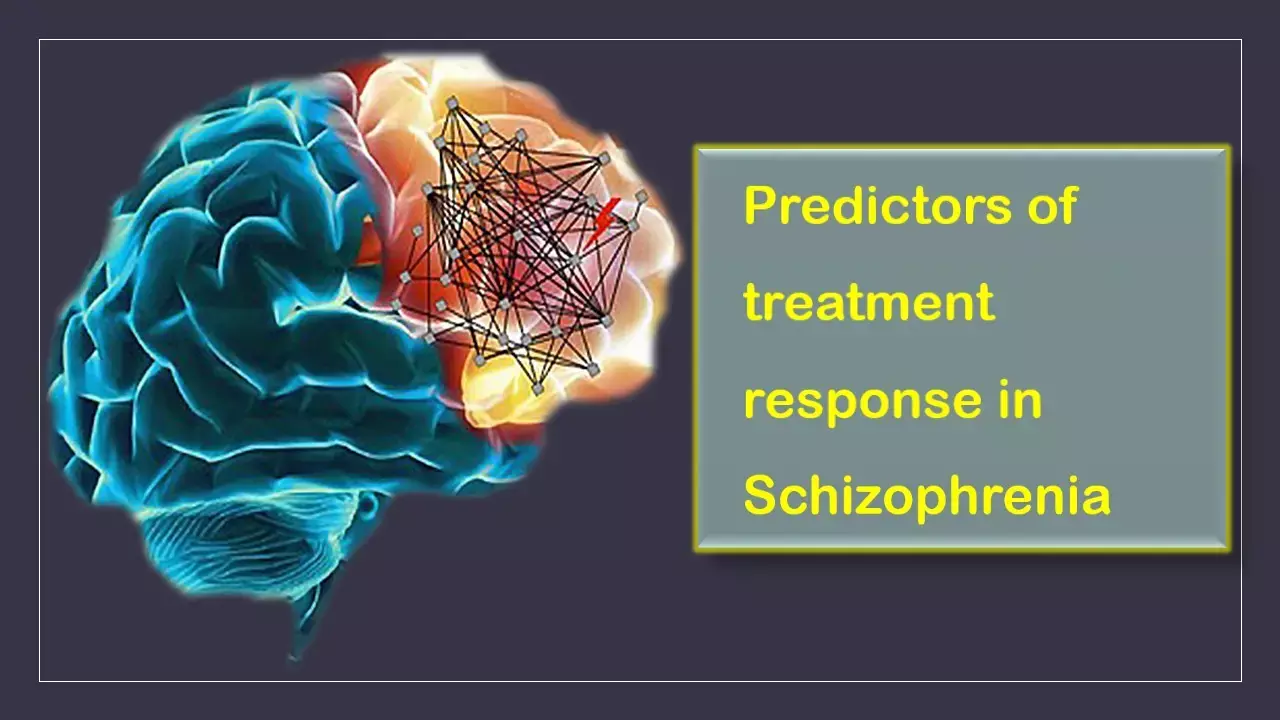- Home
- Medical news & Guidelines
- Anesthesiology
- Cardiology and CTVS
- Critical Care
- Dentistry
- Dermatology
- Diabetes and Endocrinology
- ENT
- Gastroenterology
- Medicine
- Nephrology
- Neurology
- Obstretics-Gynaecology
- Oncology
- Ophthalmology
- Orthopaedics
- Pediatrics-Neonatology
- Psychiatry
- Pulmonology
- Radiology
- Surgery
- Urology
- Laboratory Medicine
- Diet
- Nursing
- Paramedical
- Physiotherapy
- Health news
- Fact Check
- Bone Health Fact Check
- Brain Health Fact Check
- Cancer Related Fact Check
- Child Care Fact Check
- Dental and oral health fact check
- Diabetes and metabolic health fact check
- Diet and Nutrition Fact Check
- Eye and ENT Care Fact Check
- Fitness fact check
- Gut health fact check
- Heart health fact check
- Kidney health fact check
- Medical education fact check
- Men's health fact check
- Respiratory fact check
- Skin and hair care fact check
- Vaccine and Immunization fact check
- Women's health fact check
- AYUSH
- State News
- Andaman and Nicobar Islands
- Andhra Pradesh
- Arunachal Pradesh
- Assam
- Bihar
- Chandigarh
- Chattisgarh
- Dadra and Nagar Haveli
- Daman and Diu
- Delhi
- Goa
- Gujarat
- Haryana
- Himachal Pradesh
- Jammu & Kashmir
- Jharkhand
- Karnataka
- Kerala
- Ladakh
- Lakshadweep
- Madhya Pradesh
- Maharashtra
- Manipur
- Meghalaya
- Mizoram
- Nagaland
- Odisha
- Puducherry
- Punjab
- Rajasthan
- Sikkim
- Tamil Nadu
- Telangana
- Tripura
- Uttar Pradesh
- Uttrakhand
- West Bengal
- Medical Education
- Industry
Study finds no structural difference between brains of treatment-responsive and treatment-resistant schizophrenia patients

Nearly one-third patients with schizophrenia do not respond to first-line anti-psychotics. This warrants an early diagnosis of this treatment-resistant subset so that drugs like clozapine can be used at an early stage before the psychiatric condition worsens in such patients. Diffusion tensor imaging (DTI) which can pick up anomalies in white matter connections at an early stage can test the hypothesis that whether the brains of patients with treatment resistant schizophrenia (TRS) are structurally different from those sensitive to usual drugs. In a recently published study in Indian Journal of Psychiatry by Aggarwal et al.have demonstarted a lack of significant difference in DTI findings between patients with TRS and non-TRS, thus countering the categorical hypothesis for TRS.
Schizophrenia is arguably the most puzzling of psychiatric syndromes and one of the most debilitating psychiatric disorders. Patients with TRS are found to be highly symptomatic, require extensive periods of hospitalization.
Clinicians and investigators have attempted to predict nonresponse to treatment as early as possible, with an aim to possibly start clozapine before the treatment resistance evolves. Prediction has been made previously through neuroimaging, using CT and MRI (mainly) which highlights the structural or functional changes in brain, possibly contributing to etiopathogenesis of treatment resistance in schizophrenia.
Among the various neuroimaging techniques, diffusion tensor imaging (DTI) can be considered as more useful than CT and MRI in schizophrenia as it provides direct information about the white-matter neuroanatomical connectivity between different areas of the brain.
On this background, the study aimed to study the brain connectivity using DTI among patients with treatment-resistant schizophrenia (TRS) and compare the same with patients without TRS. It followed a cross-sectional design. The study sample comprised of two groups, Group I comprised of 23 patients with TRS, whereas Group II comprised of 15 patients who did not fulfill the criteria of TRS (non-TRS Group). Both the study groups were matched for age, gender, and total duration of illness.
DTI data were acquired using 3T MRI machine. The DTI images were processed and analyzed on the Siemens work station. DTI data were processed with the calculation of fractional anisotropy (FA) and apparent diffusion coefficient.
It was found that patients with TRS and non‑TRS differed significantly in the fractional anisotropy (FA) values in the region of right superior longitudinal fasciculus and right uncinate fasciculus, with more integrity of tracts in the non‑TRS group. However, these differences disappeared when Bonferroni correction was used for multiple comparisons.
Two main schools of thought exist regarding the neurobiology of TRS. One, the continuum hypothesis, posits that the same pathophysiological processes underlie symptoms in both treatment-responsive and -resistant patients, but that these processes occur to a greater degree in patients with TRS, which leads to poor response to treatment. The other hypothesis, which can be considered, is the categorical hypothesis, which suggests that patients with TRS have a fundamentally different pathophysiology compared to those showing response to treatment, and thus current treatments are ineffective as they target the wrong processes.
The present study demonstrates that white-matter integrity does not significantly differ between the patients with and without TRS thus refuting the categorical hypothesis.
Source: Indian Journal of Psychiatry Aggarwal A, Grover S, Ahuja C, Chakrabarti S, Khandelwal N, Avasthi A. A comparative diffusion tensor imaging study of patients with and without treatment-resistant schizophrenia. Indian J Psychiatry 2021;63:146-51.
M.B.B.S, M.D. Psychiatry
M.B.B.S, M.D. Psychiatry (Teerthanker Mahavir University, U.P.) Currently working as Senior Resident in Department of Psychiatry, Institute of Human Behaviour and Allied Sciences (IHBAS) Dilshad Garden, New Delhi. Actively involved in various research activities of the department.
Dr Kamal Kant Kohli-MBBS, DTCD- a chest specialist with more than 30 years of practice and a flair for writing clinical articles, Dr Kamal Kant Kohli joined Medical Dialogues as a Chief Editor of Medical News. Besides writing articles, as an editor, he proofreads and verifies all the medical content published on Medical Dialogues including those coming from journals, studies,medical conferences,guidelines etc. Email: drkohli@medicaldialogues.in. Contact no. 011-43720751


